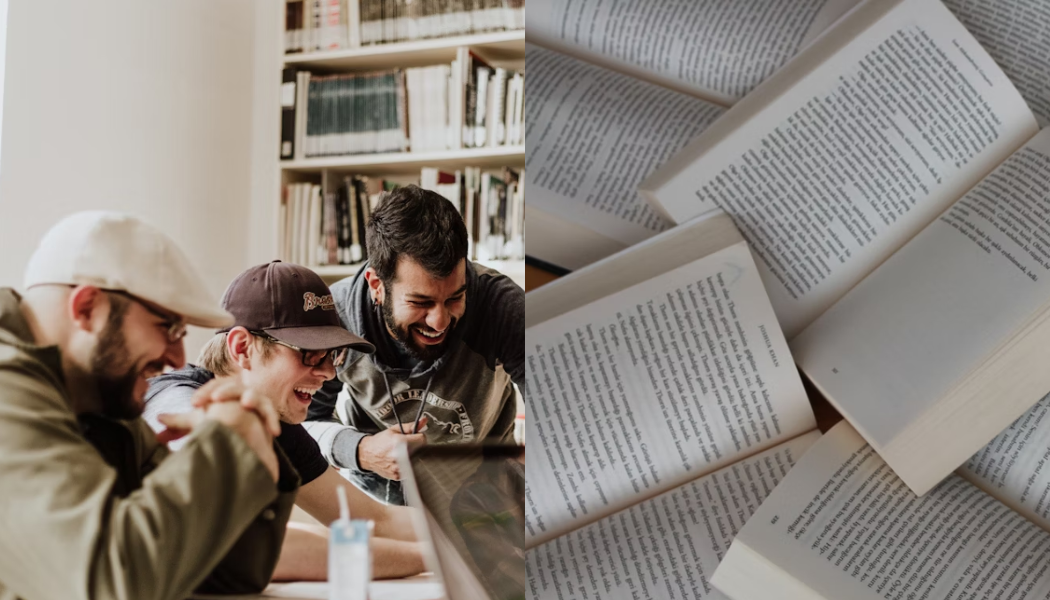Associate Professor in the Political Science department at Brock University, Dr. Stefan Dolgert, has started a small but growing initiative to create a safe and welcoming space for young men to discuss issues they may be facing today: loneliness, emotional isolation and the influence of harmful online ideologies. Spearheaded by Professor Dolgert, the Men’s Reading Club at Brock, has undergone its first official meeting with a second in progress.
The idea did not come from one dramatic moment, but from a combination of cultural and personal observations.
In recent years, public conversations about a “crisis with men” have intensified, with rising rates of male loneliness and mental-health struggles, lack of spaces for men to collaborate and take part in healthy conversations about masculinity and the growing influence of far-right extremist online movements — particularly misogynistic forums where disconnection often turns into resentment.
As a father and an academic, Dolgert began noticing echoes of these online narratives in the way teenage boys and men in their early twenties talked, even casually. He describes watching his son and his son’s friends begin to mimic rhetoric rooted in resentment toward women and the world. He wasn’t witnessing extremism, or any outward misogyny but a slow absorption of harmful, far-right ideologies under the guise of jokes.
“That’s where the concern comes from,” he explains. “Not endorsing resentment but addressing the real pain and suffering that is out there.” Many young men, he notes, “feel alienated, afraid of failure, emotionally unsupported or unsure of their place in society.” Due to the minimal progressive environments for young men to take part in discussing these very real struggles, they tend to turn towards extremist spaces, getting sucked into vacuums where harmful ideologies echo, assimilate and thrive.
The reading club is his answer to that vacuum. Dolgert believes that literature can offer structure, clarity and emotional access — what he calls a form of “light therapy through intellectual discussion.” Rather than prescribing a curriculum, the group chooses its readings collaboratively. Early suggestions range from Fight Club to Stoic philosophy to the documentary The Mask You Live In, each offering a different lens on masculinity, identity and emotional life.
“There’s no fixed theme yet,” Dolgert says. “We’re asking the guys what they want to explore, what challenges they’re facing and choosing texts that let us talk about how they’re actually experiencing their emotional lives.”
What has stood out so far is the tone of the conversations. Even with only one meeting behind them, Dolgert says he has been encouraged by the honesty in the room. Some members knew each other; others did not. Yet from the beginning, there was a willingness to be open — without posturing, defensiveness or the pressure to perform a certain version of masculinity.
His hope is that the club becomes more than a reading group. He envisions a community: a place where young men can think, talk and support one another without fear of judgment or political polarization.
Dolgert’s hope is for the club to “be another resource”— a place of solidarity, comfort and connection. A space where young men can be themselves while finding healthier, more grounded ways to understand masculinity.
The club is still small and still evolving, but the goal is clear: to give young men room to talk honestly about the challenges they face, and to ensure they don’t have to face them alone.
If you are a self-identifying male at Brock University and would be interested to take part in the club, you can email Professor Dolgert direct at sdolgert@brocku.ca

